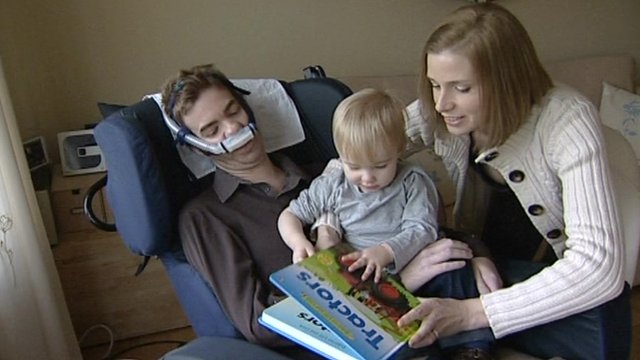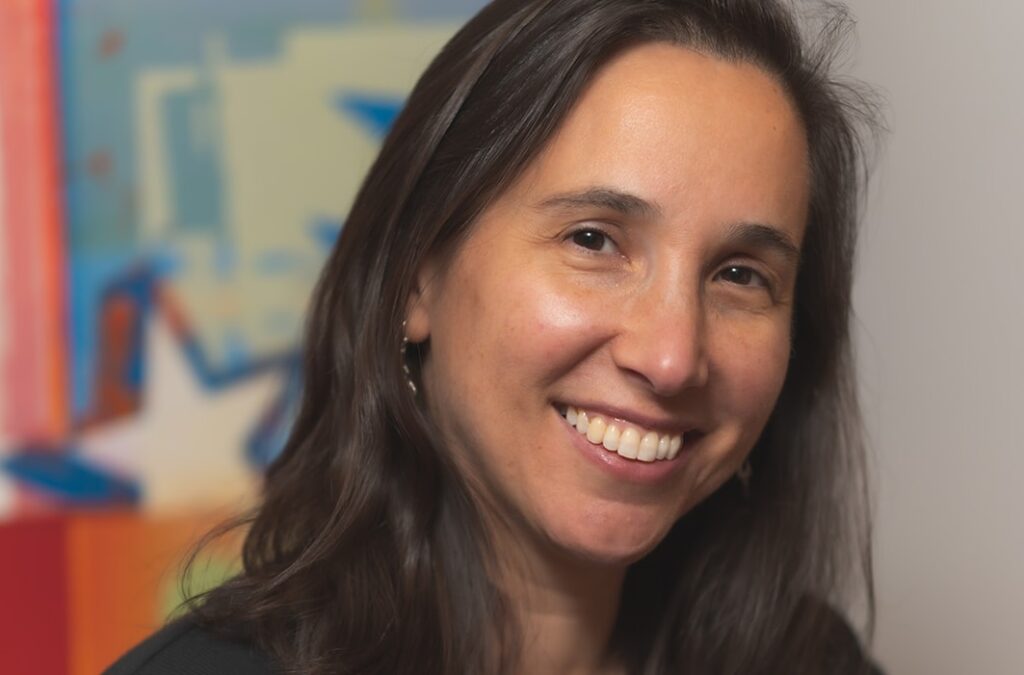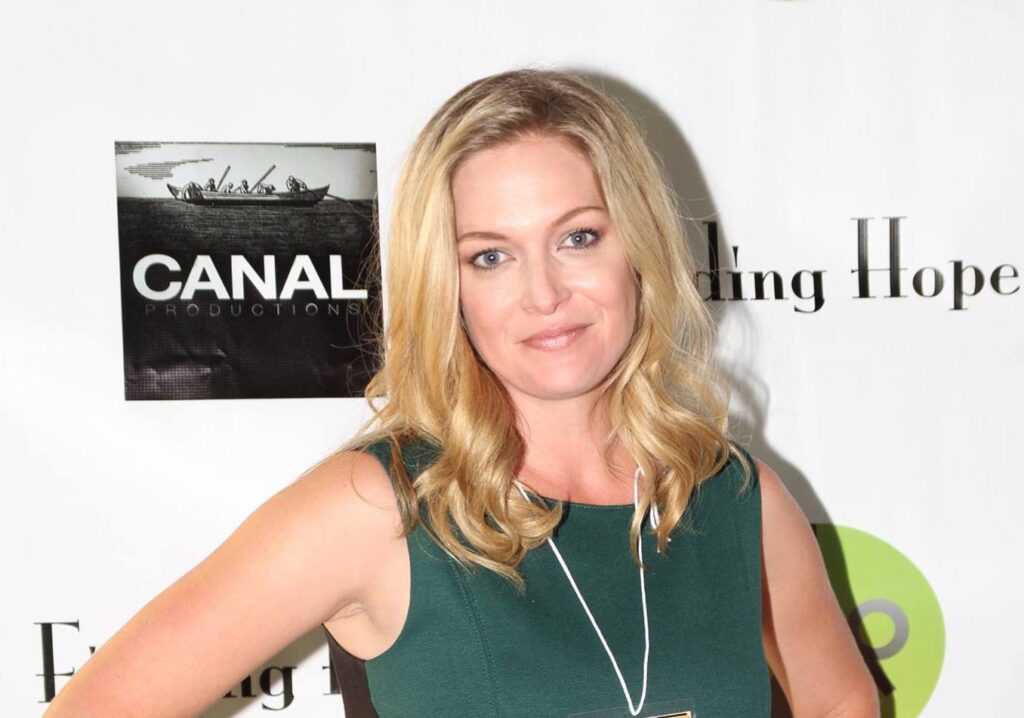
I remember feeling scared of entering the room Neil was in, of approaching him. Maybe part of this was fear of seeing his suffering, but it was also
disquiet about the ethics of filming him. Morag MacKinnon, the co-director and I, had come for a brief visit. She was an old pal of the family, but this
was the first time I’d met Neil.
By then he was attached permanently to a breathing machine and the noise of it inhaling and exhaling, filled the room. It seemed louder than the TV, louder
than his baby son playing, louder than his wife Louise and pals chatting. It had a tube coming from his nose and this coupled with the huge medical chair,
which made it possible for him to sit, made it seem that his body, now paralyzed from the neck down, had become part machine, part human.
Eight months before, he had been a happy healthy 30-something successful architect with a wild sense of humor. Bearded and hunky, he was slagged by his
pals for being a Chuck Norris look alike. Full of the joys of being a new Dad to a baby son, Neil was settling down to a happy future in a new home with
Louise when he was diagnosed with ALS. It ran in his family. His father had died of it in his 50s and his granddad in his 60s. Neil had a 50/50 chance of
inheriting the disease, but thought if he did get it, it wouldn’t happen so young. As his baby son Oscar gained ability to walk or talk or brush his teeth,
in some eerie parallel, Neil could no longer move his hands, legs or feed himself.
So why film him in this agonizing situation? Neil had written a wonderful blog, The Plattitude, through a painstaking voice prompt system, about how he wanted to connect with a wider audience
and Morag had taken this as an impetus to film and asked me to get involved. So that’s what brought us to this moment in his sitting room hearing his
machine, with his wee son playing around his Dad’s huge chair while Neil drank beer out of a straw with his pals, watching banal TV.
What was most strange was how the everyday ordinary world seemed to go on around such suffering, as if nothing had changed.
We started filming soon after arriving. It seemed the easiest way — maybe we just didn’t know what else to say. The breathing machine seemed the safest
thing to begin with. Neil commented from his chair, “Yes- that’s a good idea. You should start the whole film with the sound- and end it with the machine
stopping, then the audience will know what has happened.” Ever the architect, he set the tone for filming from the moment we started. Our confusions about
whether it was the right thing to do or not became secondary to his sheer will to communicate. The fact he collaborated so gleefully on the actual
construction of the film, made it possible for us to work with him on it, rather than just make him the subject of the camera’s gaze.
Our fear of looking at his suffering didn’t dissipate, as he got worse. The questions of what we were doing there with a camera became more urgent, more
acute. Answers never came neatly packaged but we felt the film had to be made and had to trust this instinct.
Maybe the whole fear we have of approaching such suffering is the reason to make this work. To remind us how ordinary it is to be ill, to die and to
understand and share the need to connect — especially then.
____________________________________
Emma Davie
is a documentary filmmaker based in Scotland. She also teaches at Edinburgh College of Art, University of Edinburgh, where she runs the Film and TV
Department. Previous work includes What Age Can You Start Being An Artist? for Channel 4 (2004, nominated for Grierson Award); Gigha: Buying Our Island (2002), a one-hour film for BBC/Scottish Screen; and Flight, a BBC/Canadian co-production (2000).
I Am Breathing opens in New York on September 6 and Los Angeles on September 13.







